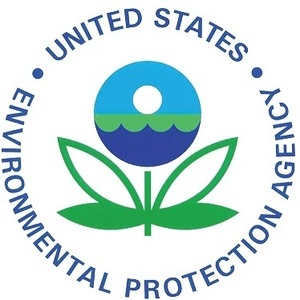EPA issues guidance on future SRE actions, RFS compliance date

March 27, 2020
BY Erin Krueger
The U.S. EPA announced March 27 that it intends to develop an “appropriate implementation and enforcement response” to the Tenth Circuit Court’s small refinery exemption (SRE) ruling “after appeals have been resolved and the court’s mandate has been issued.” The agency also said it will extend the Renewable Fuel Standard compliance date for small refineries to provide them with additional flexibility.
In addition, the EPA announced it does not intend to unilaterally revisit or rescind any previously granted SREs issued for prior compliance years. “As noted in the temporary policy on COVID-19 Implications for EPA's Enforcement and Assurance Program, issued [March 26], EPA is focused on protecting our employees and ensuring continued protection of public health and the environment from acute or imminent threats during the COVID-19 pandemic,” the agency said in a statement. “Therefore, investigating and initiating enforcement actions against small refineries that were previously subject to an exemption is a low priority for the agency.”
The statements related to SREs and the RFS compliance date were included in an announcement the EPA made March 27 regarding steps it is taking to protect the availability of gasoline during the COVID-19 pandemic.
As part of that effort, EPA said it will provide additional flexibility to the marketplace to transition from winter-grade, high volatility gasoline to summer-grade low vapor pressure gasoline. “Due to the steep fall-off in gasoline demand as a result of the COVID-19 pandemic, gasoline storage capacity is limited and more time is needed to transition the distribution system in order to come into compliance for the summer driving season,” the agency said. “EPA will temporarily waive the summer low volatility requirements and blending limitations for gasoline.”
Advertisement
“Without a waiver of the summer gasoline requirements, parties upstream of retailers and wholesale purchasers would be required to stop selling the winter gasoline sitting in their storage tanks on May 1, 2020, which would prevent them from loading summer gasoline into the storage tanks, resulting in a shortage of gasoline,” the EPA continued. “By waiving the low volatility and blending limitations through May 20, 2020, EPA will ensure a steady supply of gasoline. EPA will continue to monitor the adequacy of gasoline supplies and, should conditions warrant, may modify or extend this waiver at a later date.”
Advertisement
Related Stories
International Sustainability & Carbon Certification has announced that Environment and Climate Change Canada has approved ISCC as a certification scheme in line with its sustainability criteria under its Clean Fuel Regulations.
Legislation introduced in the California Senate on June 23 aims to cap the price of Low Carbon Fuel Standard credits as part of a larger effort to overhaul the state’s fuel regulations and mitigate rising gas prices.
The government of Brazil on June 25 announced it will increase the mandatory blend of ethanol in gasoline from 27% to 30% and the mandatory blend of biodiesel in diesel from 14% to 15%, effective Aug. 1.
The U.S. Court of Appeals for the D.C. Circuit on June 20 rejected several claims challenging the U.S. EPA’s RFS Set rule but will require the agency to provide additional information on certain environmental findings.
The 2025 International Fuel Ethanol Workshop & Expo, held in Omaha, Nebraska, concluded with record-breaking participation and industry engagement, reinforcing its role as the largest and most influential gathering in the global ethanol sector.
Upcoming Events










